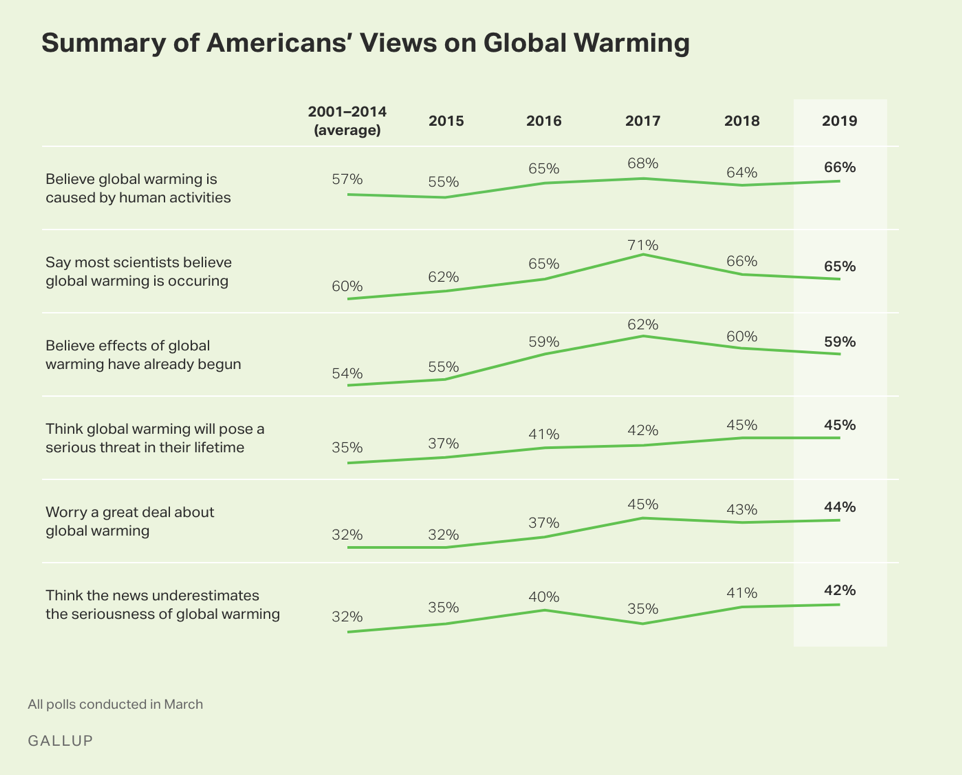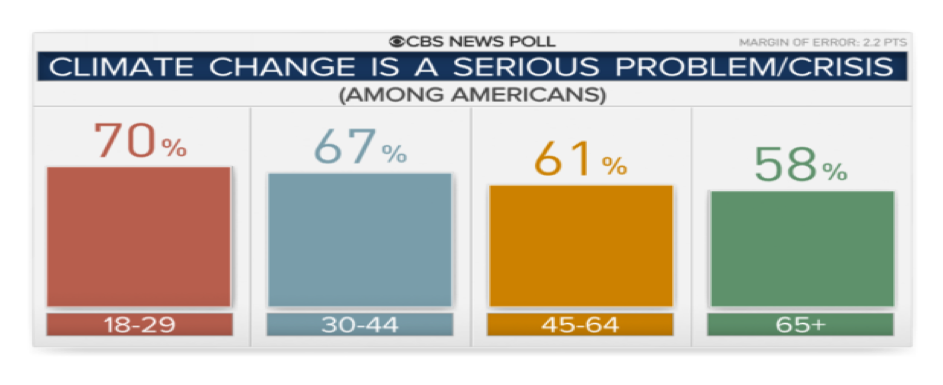Perhaps the most important foundational achievement of the last decade was the 2015 Paris Agreement. Through its “Goldilocks” design, blending the right mix of top-down accountability and flexible bottom-up commitments, Paris provides the most promising framework ever for engaging all countries in meeting this global challenge.
U.S. leadership played a key role in delivering the Paris Agreement. Steps by the Obama Administration to reduce emissions from the power and transportation sectors gave the United States significant credibility as it undertook vigorous diplomatic efforts to bring China and the rest of the world along. The resulting agreement meets the bipartisan expectations set at the start of the global climate effort. And it is broadly supported by both American businesses and public.
The Paris Agreement can help to strengthen climate ambition over the next decade – but only with stronger leadership in the global community.
Another critical paradigm shift that came into view in the last decade is the growing emphasis on corporate responsibility, especially when it comes to climate change.
Investors are asking about longer-term risk, customers are seeking responsibly produced products, and employees (current and prospective) are looking for a workplace they can be proud of. Major corporations, from technology companies like Apple and Microsoft to large energy companies like Duke Energy, have publicly committed to net zero greenhouse gas emissions by the middle of the century. As we start a new decade, millions of Americans hold jobs working on climate solutions.
This is a game changer. Companies are no longer waiting for a government mandate to act – rather, they are advocating for government policies that will help them achieve their goals. By decade’s end, in a particularly telling shift, even the U.S. Chamber of Commerce has begun calling on policy makers to act.
A fourth area of foundational progress is the tremendous growth of climate action by U.S. states and cities. Twenty-five states representing more than half of U.S. GDP have pledged to meet the U.S. target under the Paris Agreement. Add to that the 440+ U.S. cities forming the Climate Mayors collaborative, and we have significant local political leadership for action. These growing subnational efforts can help pave the way for national policy in the next decade.
The last decade also witnessed remarkable technology advances. In 2010, electric vehicle sales in the United States were less that 5,000 for the entire year. As we closed out the decade, we reached 100,000 vehicles a quarter. Most analysts see price parity with internal combustion engine vehicles before or by the middle of this decade.
Bloomberg New Energy Finance, in its Electric Vehicle Outlook, says, “There is no sign of slowing down. We expect global annual passenger EV sales to rise to 10 million in 2025 and 28 million in 2029.”
Solar and wind generation coupled with advances in biomass and hydro power have continued to innovate and reduce costs. Here is a recent headline in Forbes: “Renewable Energy Costs Take Another Tumble, Making Fossil Fuels Look More Expensive Than Ever.” Since 2015, close to 50 percent of all new utility-scale electric power generation built in the United States was renewable.
Benefiting both battery electric vehicles and utility-scale power storage, battery prices dropped dramatically in the last decade, from well over $1000 per kWh to less than $200 with continued price improvement through the next decade. These cost improvements are being reflected in both improved range and reduced price for cars, and the pairing of battery storage with variable renewable power is enabling even greater use of renewable energy.
Improvements also continue in the carbon capture technologies needed for remaining fossil energy use in the power sector and, very importantly, in the industrial sector where carbon dioxide can be a by-product of the industrial processes themselves (cement, steel, and fermentation, for examples). The United States is a global leader in carbon capture technologies. Finally, existing zero-emission nuclear power plants continue to improve and increase output, with advanced and modular nuclear concepts gaining more support.
It is Past Time for Political Leadership
Even with the foundational progress achieved over the last 10 years, global temperatures continue to rise, climate-influenced events are causing more loss of life and increased costs, and emissions of carbon dioxide have continued to grow (though at a slower pace than two decades ago).
The United States is the most important global player. U.S. leadership helped the world come together for the Paris Agreement, and U.S. innovation helped drive this past decade of technological advancement.
If the world is to pick up the pace and capitalize on continued technological advances for a more sustainable century, the United States must regain its leadership role. We have lost this mantle as the Trump Administration has dismantled the domestic climate policies that gave the United States credibility (and more recently seeming to advocate for inefficiency with transportation, electricity, and water use) and as the United States, alone among countries, has walked away from the Paris Agreement. The administration has essentially given the world all the excuse it needs for inaction.
For the United States to again be a leader – and for the United States to win the economy of the future – we need to stop thinking it is 1950 and start visualizing 2050. With a growing majority of Americans understanding that climate change affects them personally, we now need political leadership that can help everyone see their own future in climate solutions. There are many frameworks that can help show the way, including C2ES’ “Getting to Zero: A U.S. Climate Agenda.”
Corporate leaders, now recognizing the need, must become more active pushing political leaders to step up and hammer out a durable set of solutions that capitalize on America’s innovation strengths.
There is no single solution to moving forward. That reality provides a great opportunity to devise a portfolio of measure that can be supported by diverse groups of stakeholders. Our “Getting to Zero” framework lays out sector-based policies and economic incentives that can build on the great foundations already in place, as well as broader long-term policies that can put us more squarely on the path to carbon neutrality.
The upcoming election will bear significantly on the prospects for stronger U.S. climate action. But whether or not we can count on the support of the White House in the coming years, it is incumbent on Congress, governors, and corporate leaders to drive action. The building blocks are all in place. This is an economic and sustainability battle that America is best positioned to win.


